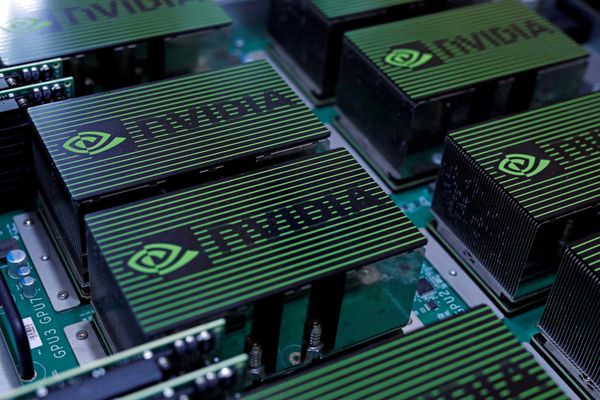KUALA LUMPUR, Feb 7 — The Malaysian government takes seriously the allegation that the country is being used as a transit point for smuggling Nvidia artificial intelligence (AI) chips to China and is committed to complying with multilateral international export control regulations.
Minister of Investment, Trade and Industry Tengku Datuk Seri Zafrul Abdul Aziz said that Malaysia does not want any party to exploit its position as a semiconductor and regional logistics hub for illegal activities.
"We firmly adhere to export control regulations under the Strategic Trade Act, which governs the export, transit, and transhipment of strategic goods, including semiconductors.
"Malaysia's policy aligns with control measures implemented by the United States (US), the European Union (EU), and the United Kingdom," he said during an interview on the Bernama TV's Ruang Bicara Aspirasi Ekonomi programme on Wednesday.
To strengthen oversight, he said the government is enhancing international cooperation to monitor the flow of sensitive technologies, such as Nvidia's H100 and A100 chips used in high-performance AI applications.
In other developments, the Chinese technology firm DeepSeek has gained global attention after announcing a third-generation AI model that operates with lower computing power than Nvidia chips, with a total expenditure of under US$6 million (RM27 million).
Tengku Zafrul said that the success of DeepSeek proves that AI technology is no longer monopolised by a few countries or large companies like Microsoft, OpenAI, or Google.
"We are now seeing China, Alibaba, and perhaps soon India or the EU competing in AI technology.
"Technological advancements like DeepSeek have a positive impact, making AI more inclusive and accessible to more users. If AI can operate at a lower cost, more businesses, including small and medium enterprises (SMEs), can leverage it to boost productivity," he explained.
He added that AI models that rely less on high-powered graphics processing units could also reduce energy consumption, making AI technology more sustainable.
Tengku Zafrul emphasised that the success of AI technology in China and other countries should serve as a lesson for Malaysia.
"If we only focus on producing skilled labour but neglect research and development (R&D), we will fall behind. The government has introduced the New Industrial Plan to enhance the value chain in the semiconductor and AI industries," he said.
He shared that Malaysia is now prioritising the development of integrated circuit (IC) design and wafer manufacturing, areas that remain underexplored by local companies.
Tengku Zafrul added that Malaysia will continue reviewing its policies to remain competitive in the rapidly evolving AI and digital technology industries.
— Bernama




